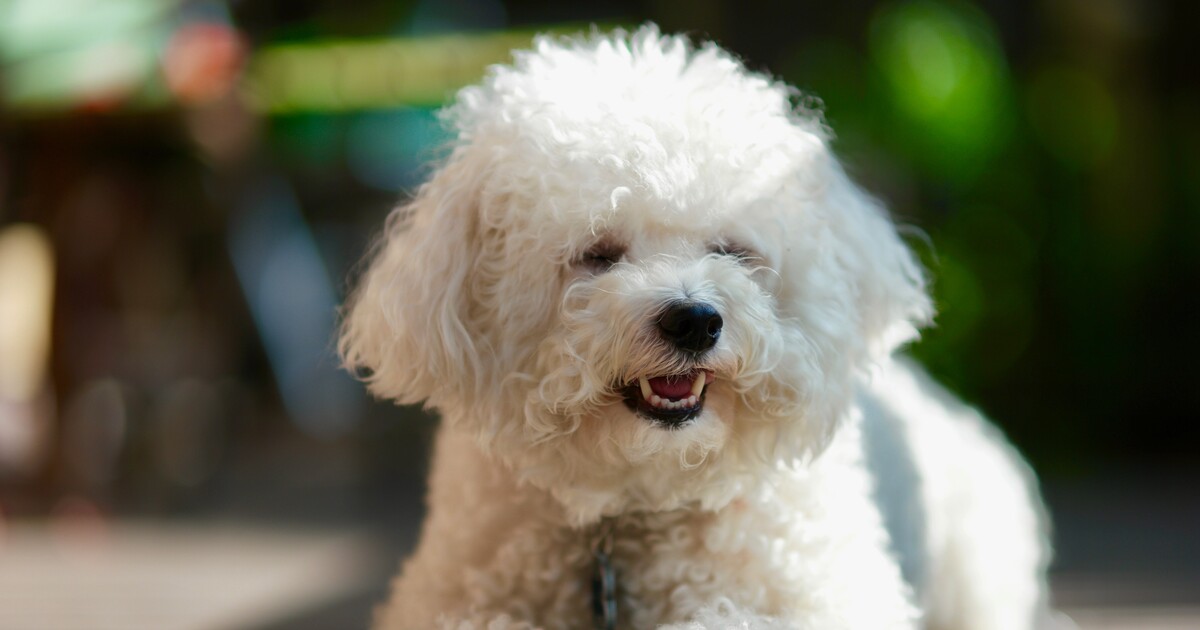
The 6 Most Unique Qualities of Bichon Frises
The Bichon Frise, a small breed known for its white, puffy coat and cheerful disposition, is the epitome of a companion dog. With roots that trace back to the Mediterranean region, this breed was popularized in France, where it became a favorite among the nobility. The Bichon Frise is celebrated not only for its adorable appearance but also for its vibrant personality and a plethora of traits that make it uniquely suited for family life and therapy roles. Beyond its … Read more

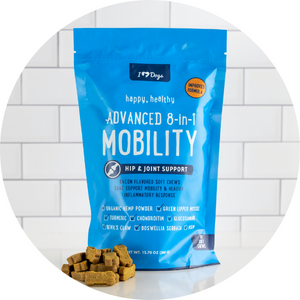

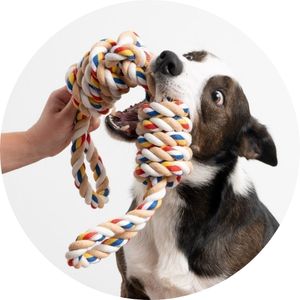

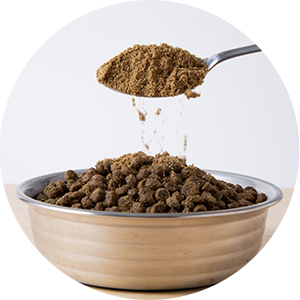
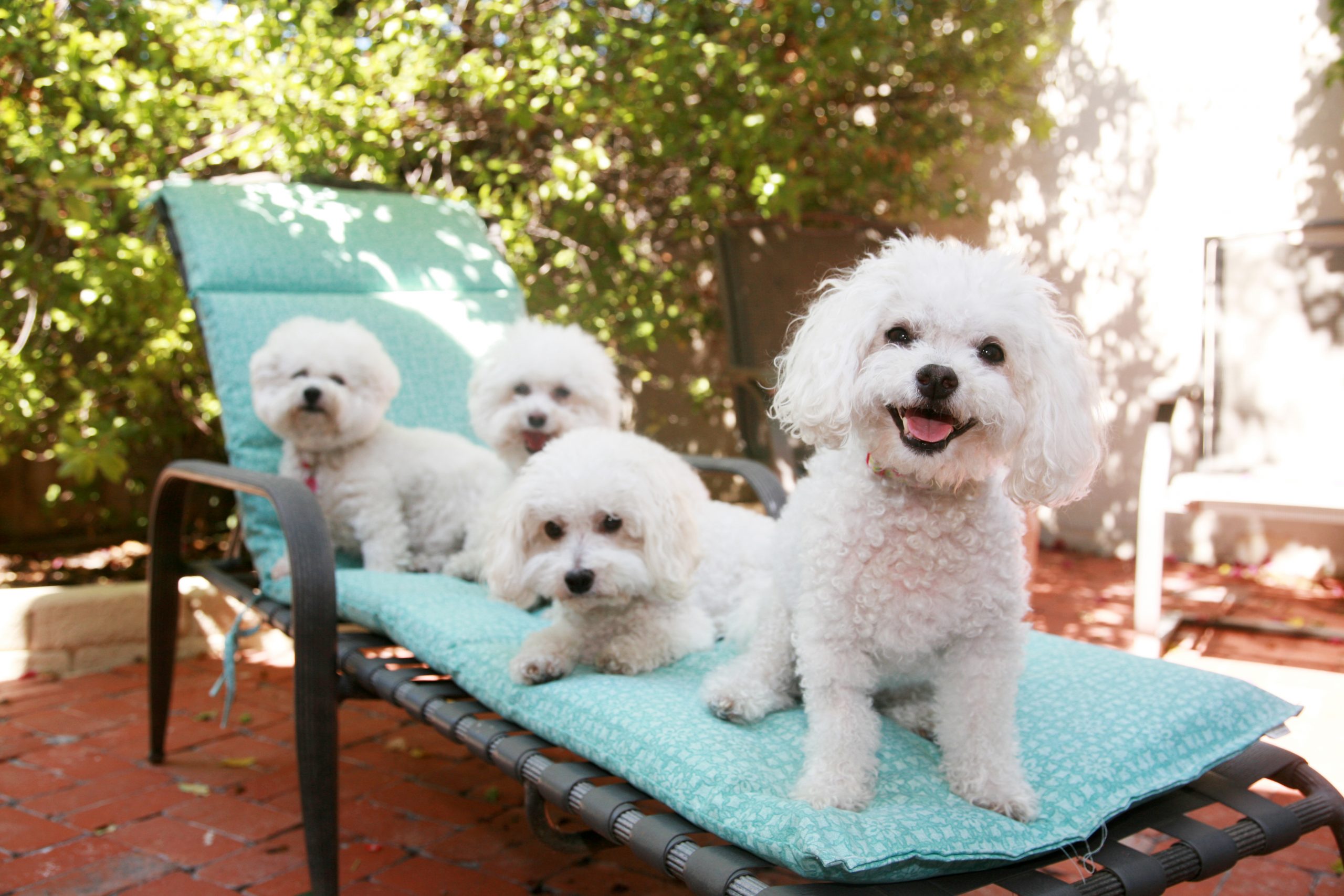
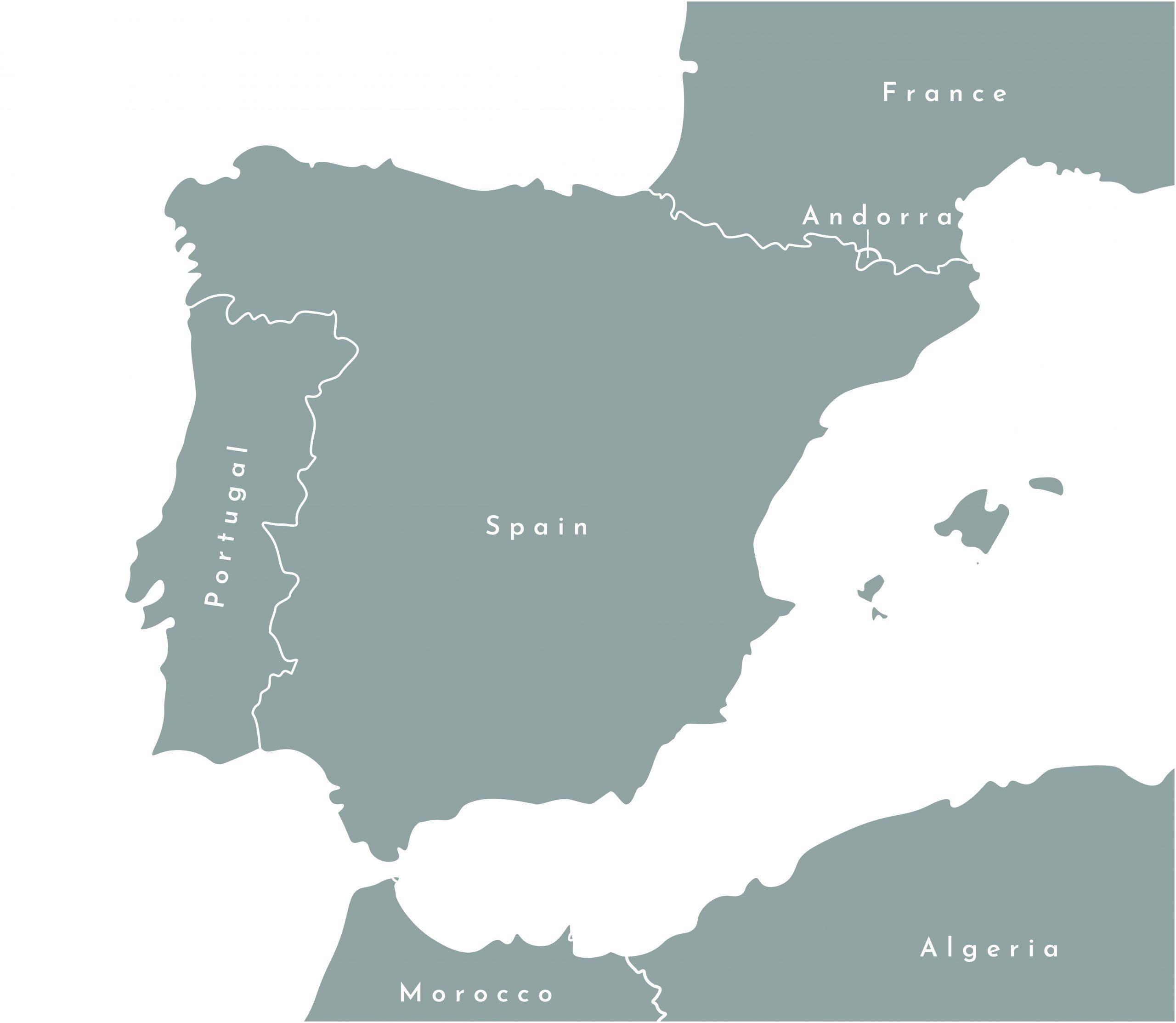

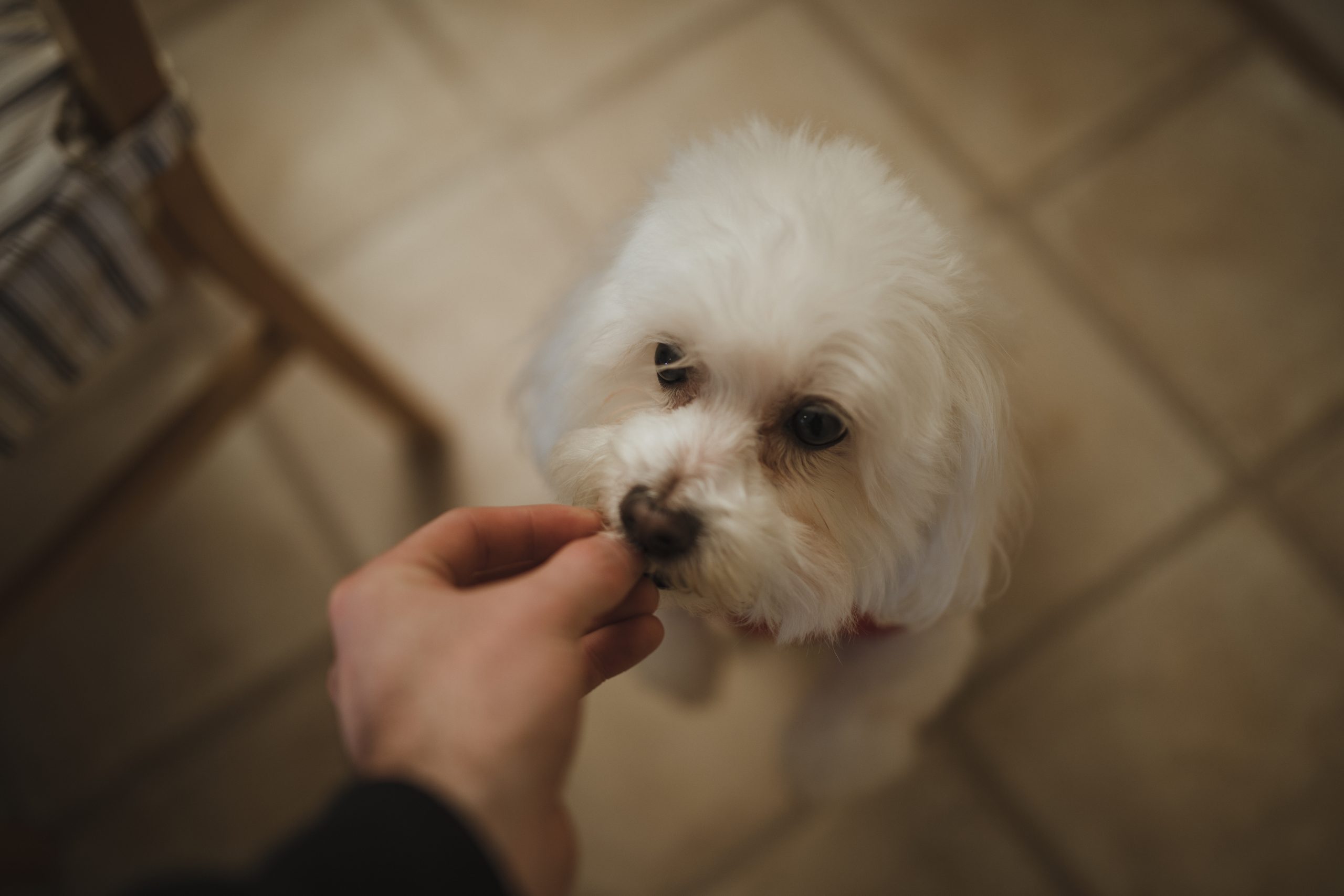
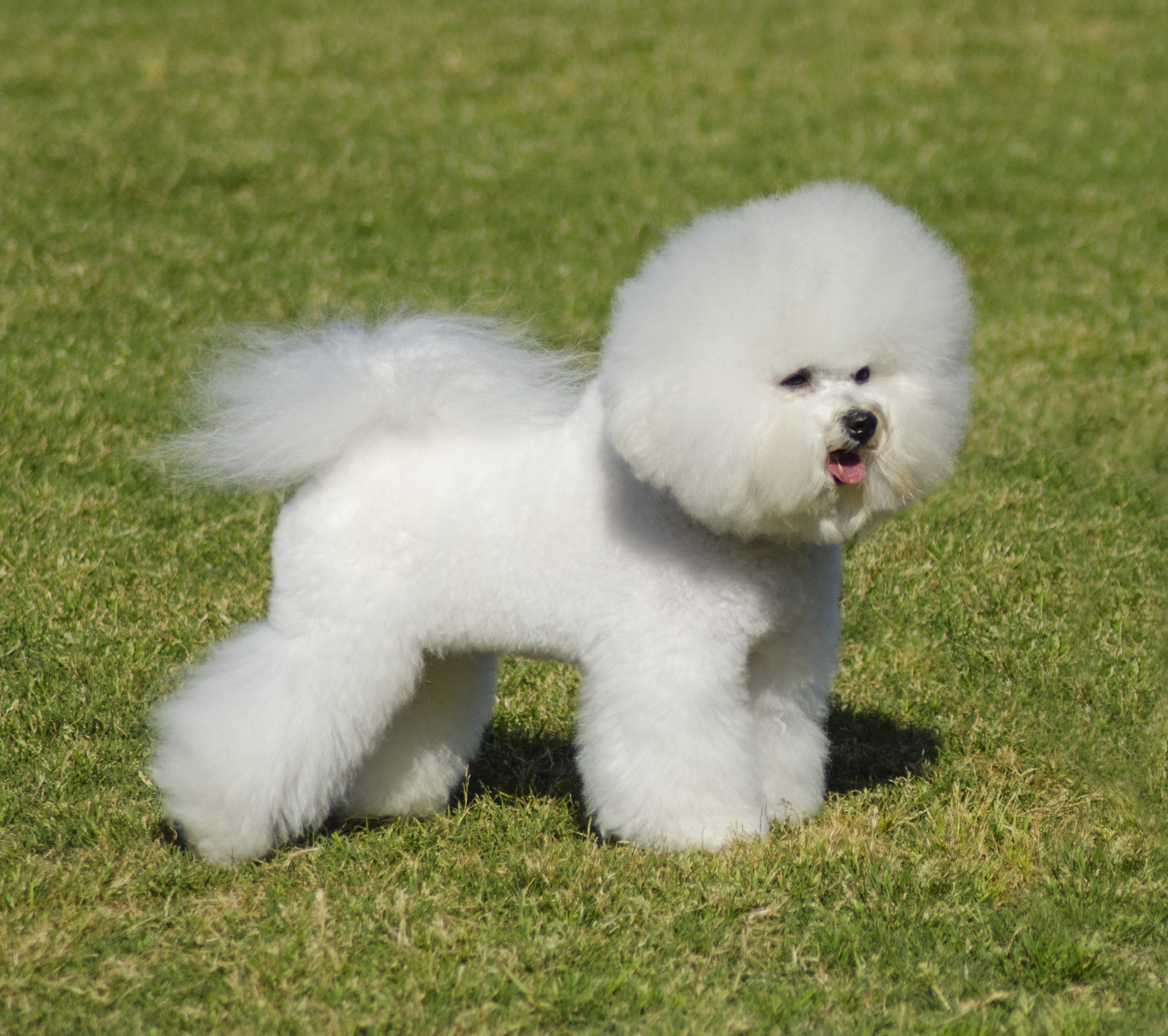
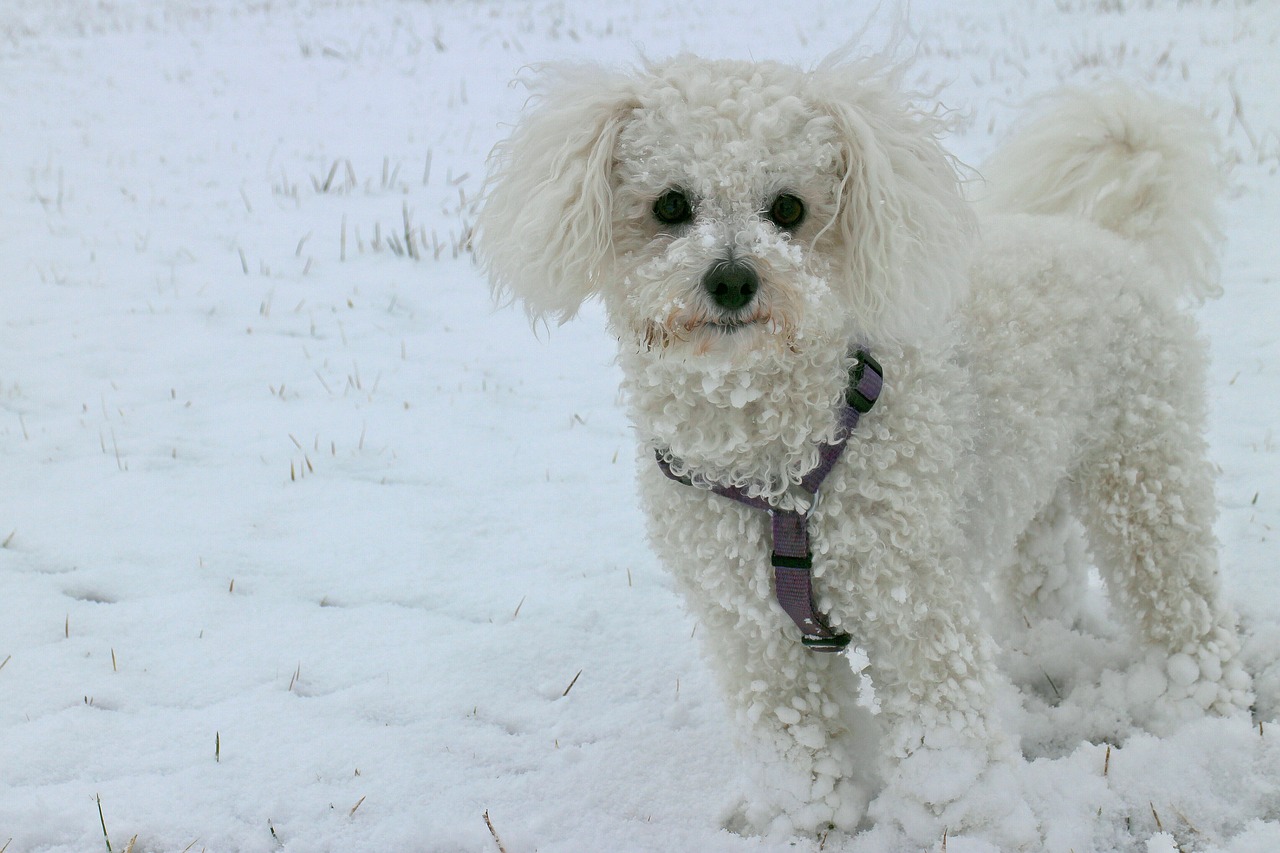


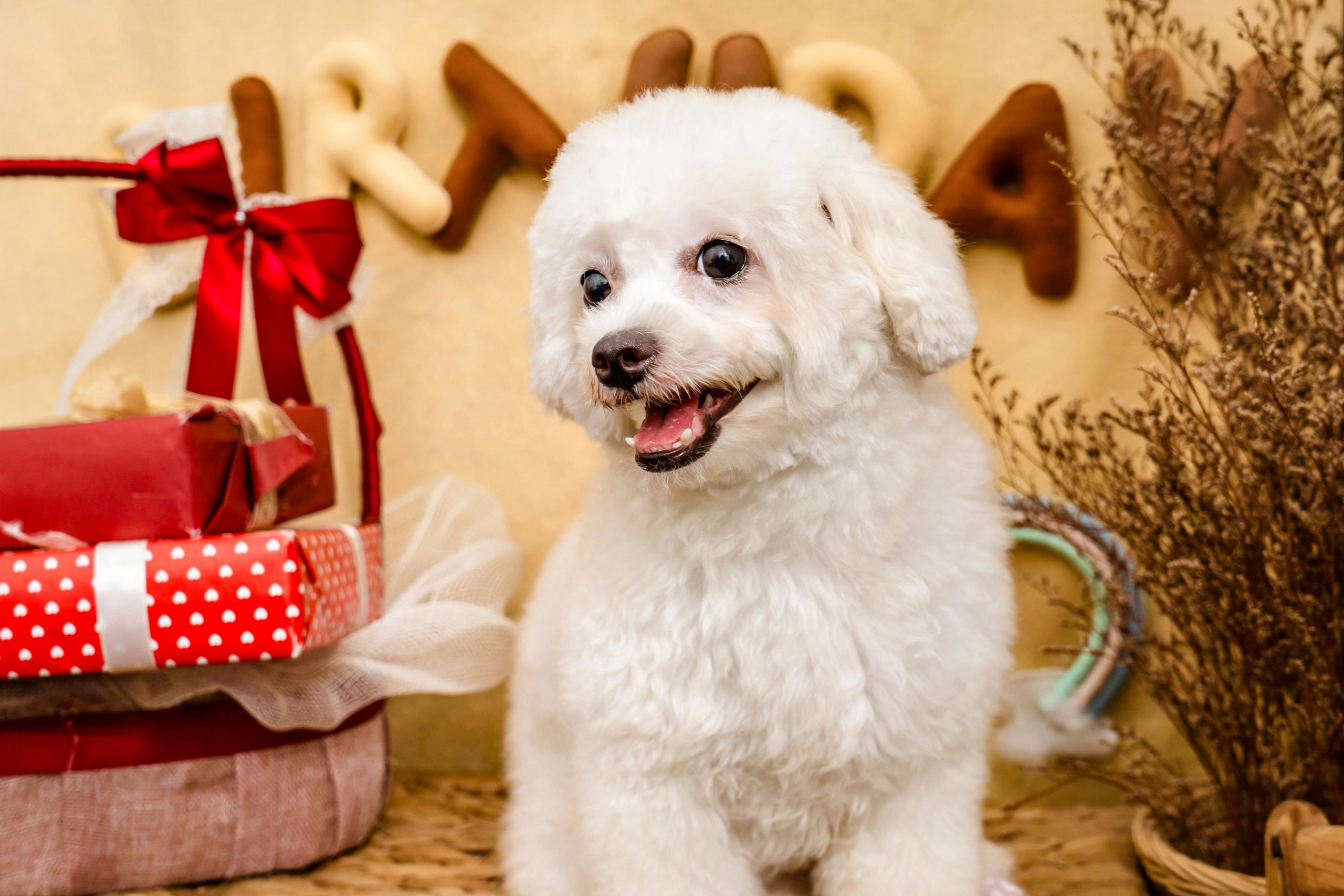

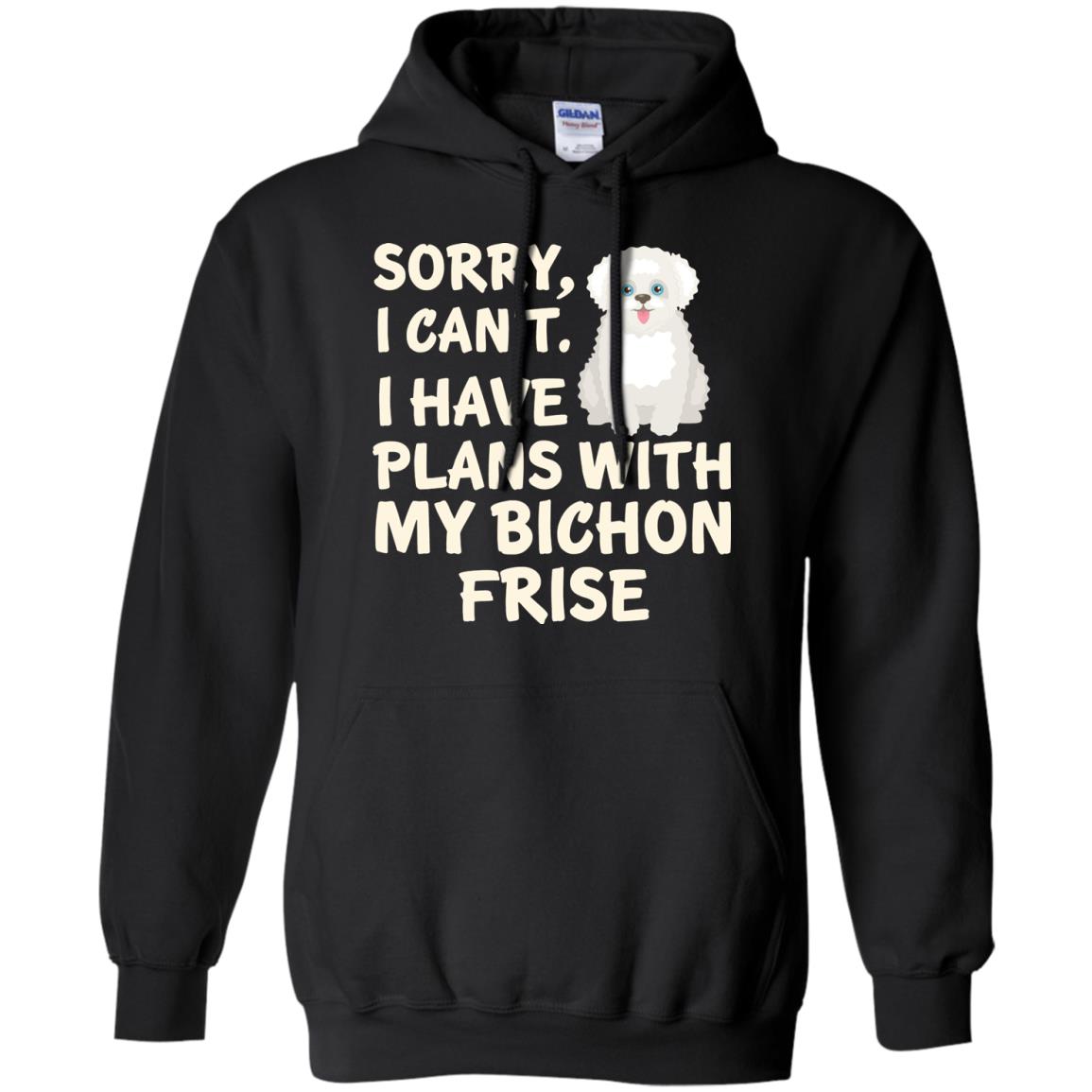

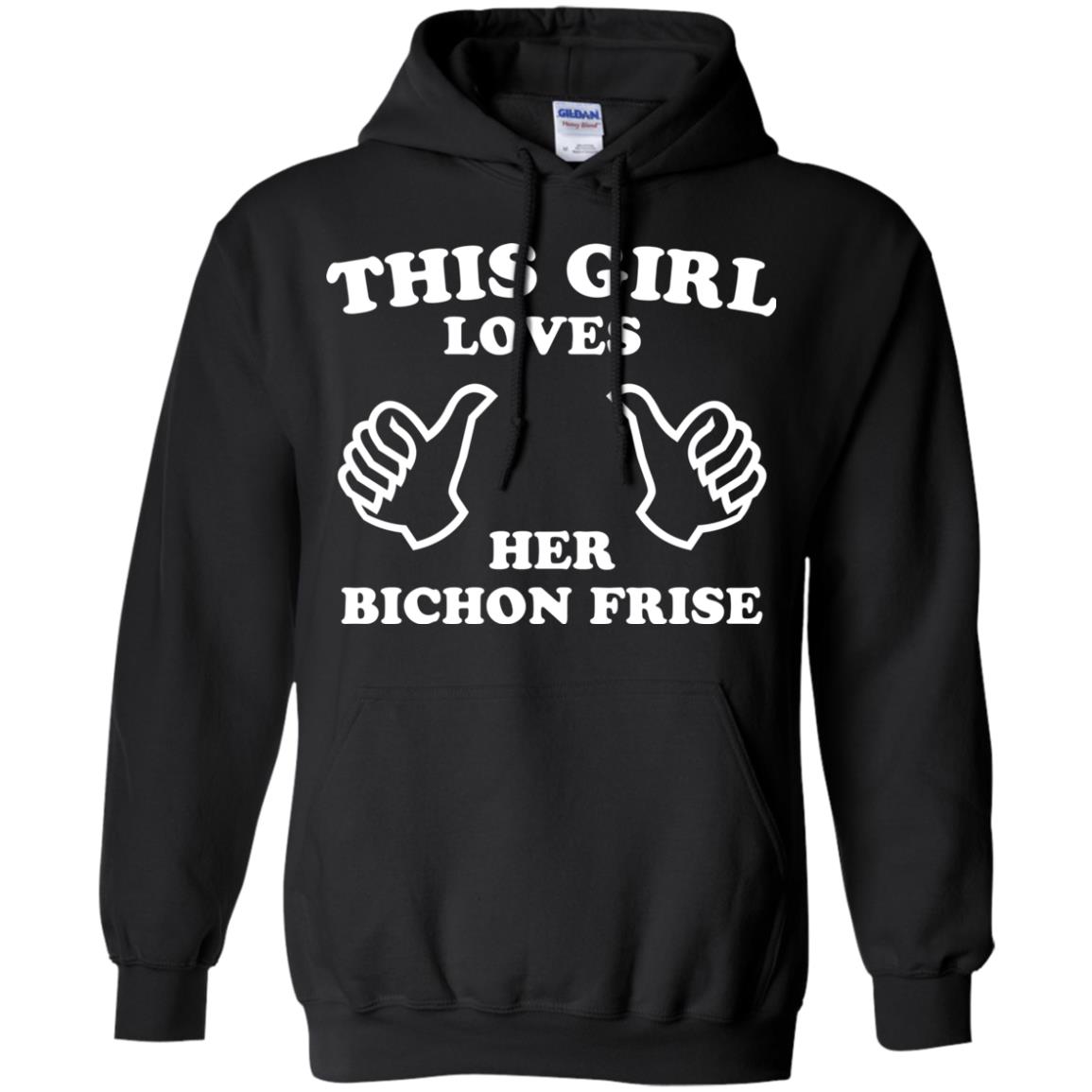
 Toledo, United States.
Toledo, United States.